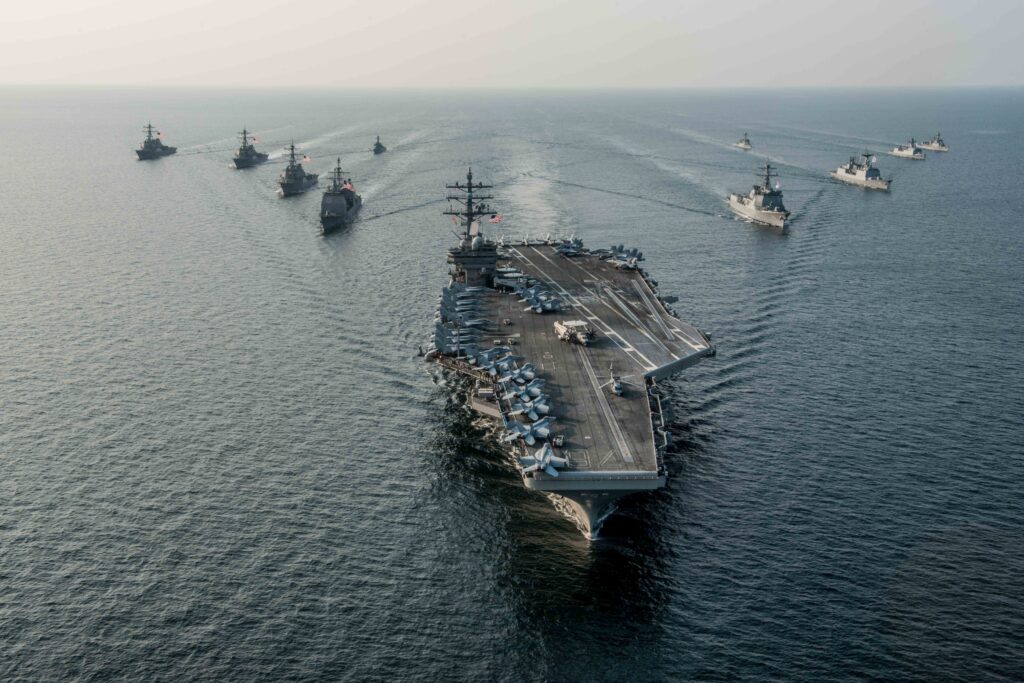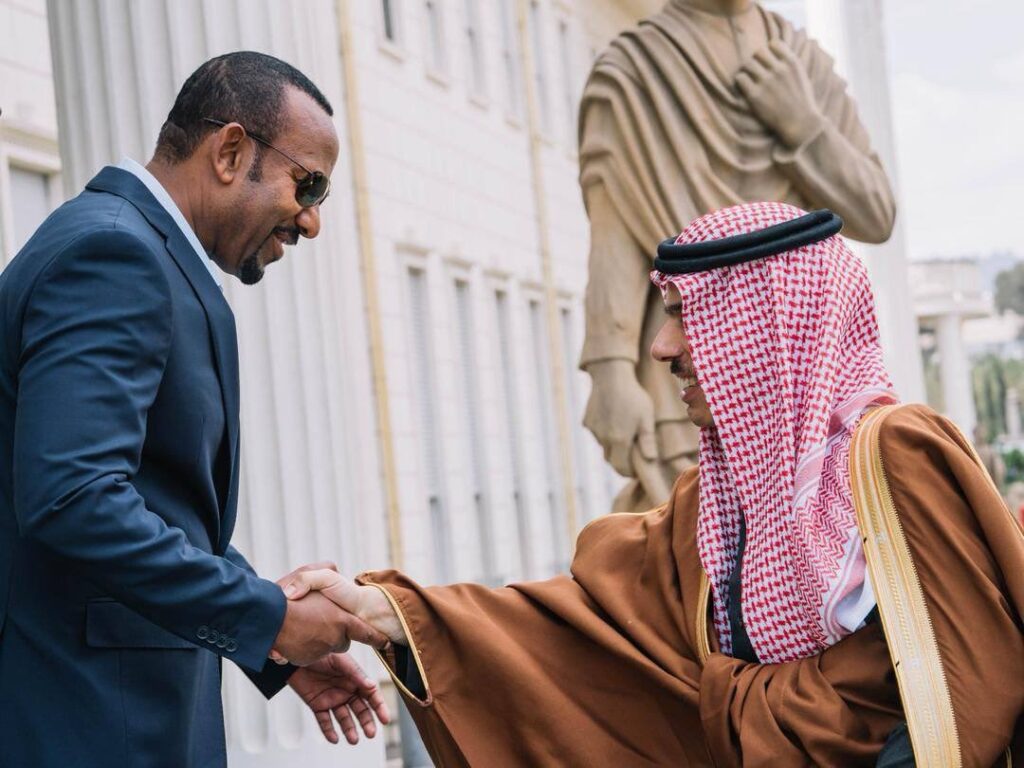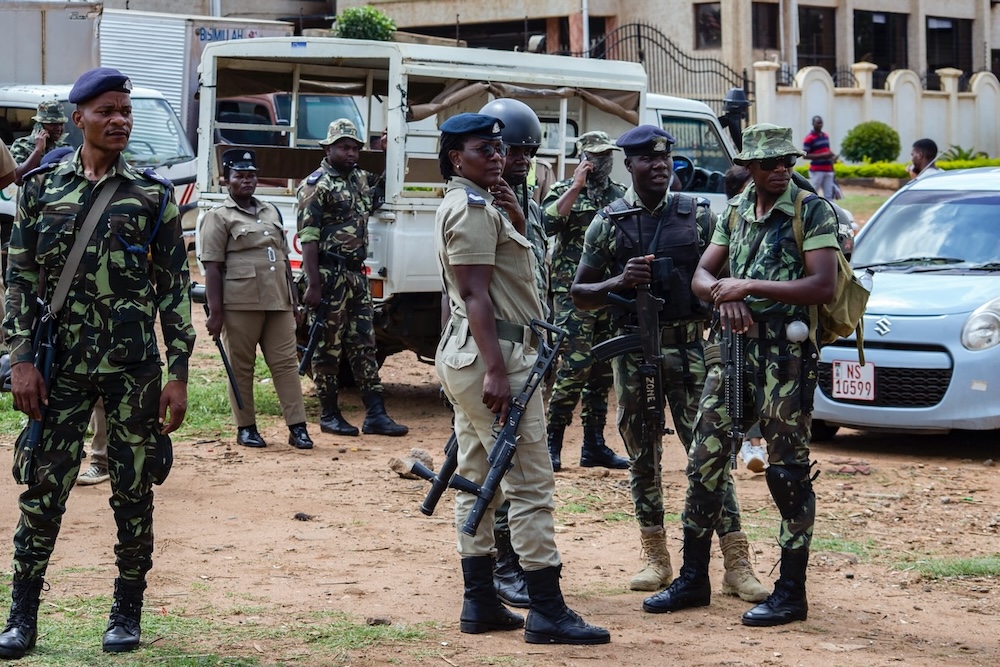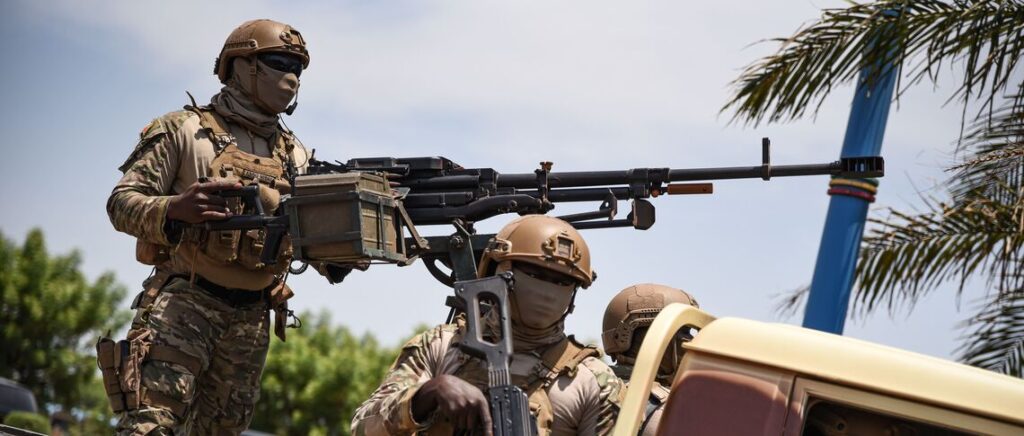
In a strong condemnation, South Africa expressed its outrage on Friday over the Israeli assault that resulted in the deaths of over 100 Palestinians who were waiting for crucial humanitarian aid in Gaza. The attack, which occurred on Thursday, also left more than 700 individuals injured.
The South African Foreign Ministry labeled the incident as a violation of international law and emphasized that it contravened the binding provisional orders of the International Court of Justice (ICJ). This censure follows South Africa’s legal action in late 2023, when it filed a case at the UN court in The Hague, accusing Israel of not fulfilling its obligations under the 1948 Genocide Convention.
In January, the ICJ issued an interim ruling, finding South Africa’s claims plausible and directing the Israeli government to cease genocidal acts and ensure the provision of humanitarian assistance to civilians in Gaza. Despite these legal efforts, Pretoria contends that additional measures are imperative, given the recent attack, and calls on the international community to act decisively against the unlawful actions of the Israeli government.
The South African ministry specifically advocates for an immediate and unconditional ceasefire, urging the United Nations Security Council to make such a morally imperative and life-saving call. This plea aligns with their broader stance that legal remedies alone are insufficient to address the prolonged impunity enjoyed by Israel.
The tragic events unfolded on Thursday dawn when Israeli forces shelled a gathering of Palestinians awaiting humanitarian aid south of Gaza City at the “al-Nabulsi Roundabout” area. According to the Gaza-based Health Ministry, the attack resulted in the loss of over 112 lives and left 760 others injured.
Since October 7, 2023, when a Hamas attack prompted Israel’s deadly military offensive on the Gaza Strip, the toll has been severe. The conflict has claimed the lives of at least 30,035 Palestinians, with 70,457 others sustaining injuries, alongside widespread destruction and shortages of essential resources.
The Gaza Strip has faced an additional challenge as Israel imposed a crippling blockade, pushing its population, particularly in northern Gaza, to the brink of starvation. The dire situation has forced 85% of Gaza’s population into internal displacement, exacerbating shortages of food, clean water, and medicine. UN reports indicate that 60% of the enclave’s infrastructure has suffered damage or destruction due to the Israeli offensive.




